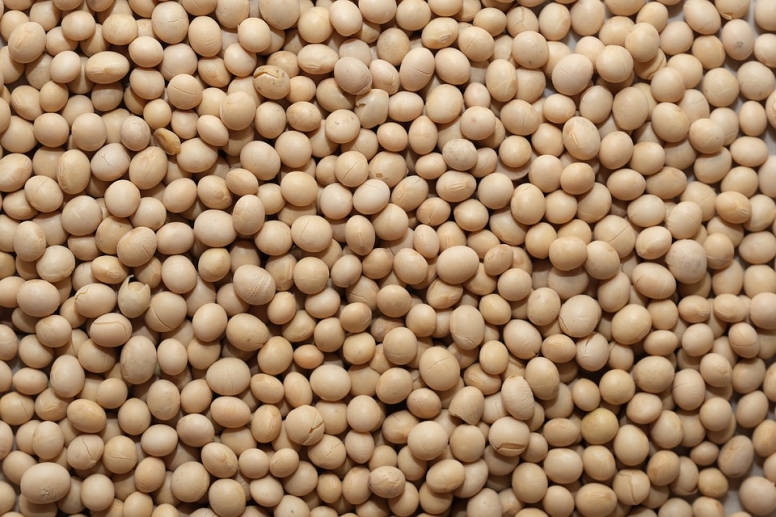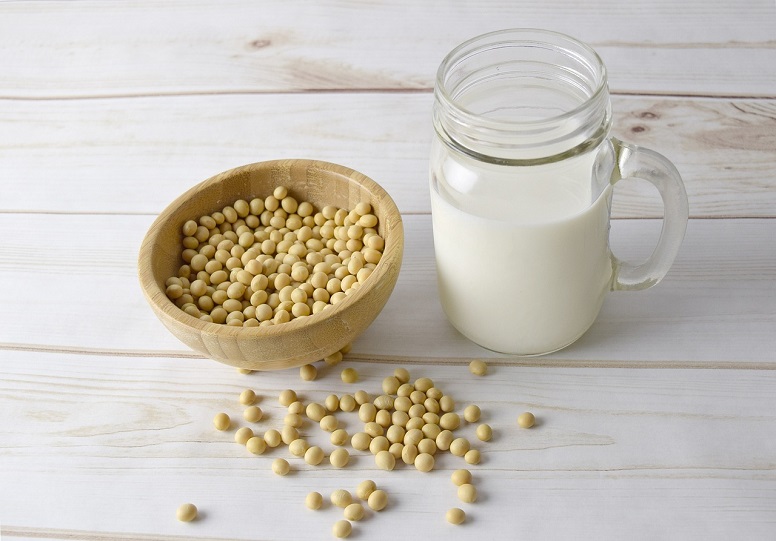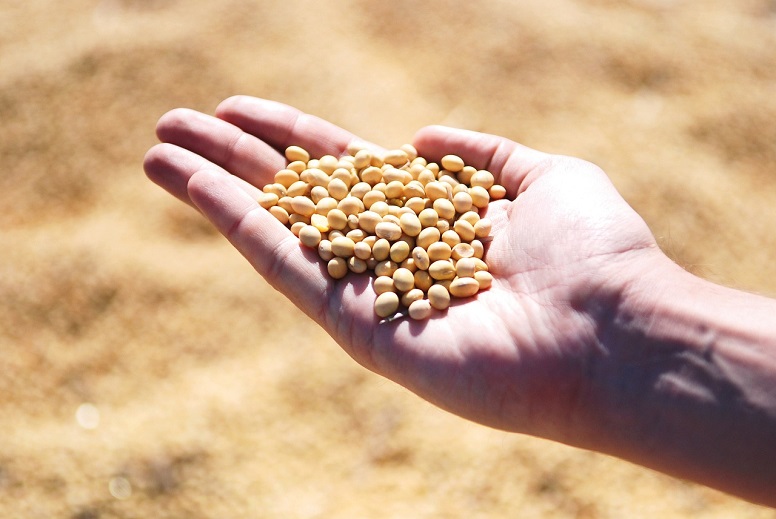Why Is Soybean Protein Common Around The World?
Soy protein has drawn significant attention among researchers, consumers, nutritionists, and the media in the last few years. Researchers estimated that most food today contains soy protein, and the sale of soy-made beverages and drinks has risen significantly.
Soy protein is a complete protein, meaning it has all the essential amino acids. This implies that it is a perfect replacement or an ideal alternative for animal protein, especially for vegans and vegetarians. Which leads us to the question, why is soybean protein so common around the world?

Here Is Why Soy Protein Is Common Around The World
According to U.S. soy news, the demand for soybean and its products has increased tremendously. Previously, soybean was only common in Asia, where it originated, but its demand and use have spread widely in recent years. Some of the reasons for this spread include the following;
1. Health Benefits of Soy Protein
Soybeans are rich in nutrients, vitamins, minerals, and organic compounds, making them healthy for human consumption. Though nutritionists and researchers are still discovering more health benefits of soy protein, it is already linked with many benefits that have increased its demand.
Soy protein helps the heart stay healthy, improves your digestive and reproductive system, enhances the immune system, and alleviates menopause effects.
Additionally, since it has low cholesterol and healthy polyunsaturated fatty acids, soy can help prevent obesity, assist in weight loss, prevent heart-related diseases, maintain low blood pressure, especially for diabetes patients, and deal with hypertension.
Other health benefits include; supplying the body with essential protein, helping during pregnancy, ensuring healthy bones and preventing bone-related conditions, helping to ensure healthy skin and dealing with unpleasant skin conditions, and preventing cancer such as breast and prostate cancer.
Soy is also helpful in inducing sleep and coping with sleep disorders. Considering all these and many other benefits, soy is a worthwhile diet.
2. Nutritional Value of Soy

Soy contains a higher protein content than any other legume. It's estimated that the available protein in soy products is equivalent to that in poultry and dairy products. Soy protein also contains all the nine essential amino acids the body requires.
Besides protein, soy contains other nutrients such as fibre, carbs, sugar, healthy fats, and healthy calories. By consuming soy, you also acquire vital vitamins such as vitamin K, folate, Thiamin, Vitamin B9, and vitamin C. These are essential in maintaining healthy bones.
Further, soy also contains healthy minerals such as; phosphorous, copper, potassium, calcium, and manganese, which are essential in the body, especially during pregnancy.
In addition, soy is a good source of antioxidant compounds such as isoflavones, and other organic compounds, including saponins and phytic acids. Soy's nutritional value makes it the wealthiest food and one of the best sources for almost all essential vitamins, minerals, and nutrients.
3. Soy Products Are Versatile

Numerous soy products are currently being produced. Manufacturers are coming up with various unique and healthy soy products. Soybean is also a diverse product that can be consumed in multiple ways.
For example, you can eat boiled or fried soybean grains or enjoy Edamame, the green soybeans. Asians are known for producing high-quality soy sauce, which they later sell to global markets. Using soy sauce also increases the nutritional value and benefits of soy.
Other soy products include topping, ice cream, nut butter, and grit. Further, you also get soy milk, the best plant-based milk in the market today. Soy milk can be used in place of dairy milk. It has similar benefits and protein content, making it a healthy and beneficial option. Tofu and tempeh are also soy products that you can consider.
Soybean oil is also a common vegetable oil in the global market today. It is a perfect replacement for the high-cholesterol oils that may adversely affect your heart. Additionally, they are organically and sustainably produced, unlike other plant and animal-based oils that may contain chemicals. This means soybeans cause no expected adverse effects.
4. Increased Global Soy Production

In recent years, there has been an increase in soy production. This has led to a rise in the supply of soy and its related products in the global market. Unlike previously, where Asian farmers practised small-scale soy production, today, soy is produced on a large scale, ensuring an adequate and consistent supply.
Soy production is a simple process compared to other legumes. It has a few requirements. You only need sustainable water, good soil conditions, and adequate minerals. You may not need to supply special fertilizers, as legumes produce their nitrogen, ensuring the soil is fertile to support its rapid growth.
Further, improved mechanization has also increased the production of soy. Mechanization has made ploughing, planting, and harvesting easy, enabling large production. In addition, the processing and packaging process has also been simplified with improved mechanization.
With the high soy production, the supply increases, reducing the prices significantly. This, in turn, increases the demand and consumption of soy globally.
5. Help In Fighting the Global Food Crisis

Currently, a large portion of the global population suffers from food-related crises, including; a lack of a balanced diet, overconsumption of cholesterol products, and a decline in essential nutrients. Soy is rich in healthy nutrients and hence vital in solving all these crises. It's reliable in ensuring global food security and combating hunger in hunger-stricken areas.
These critical roles increase its demand, making it a valuable and essential diet to promote a good life and long life span. U.S. soy news and articles provide more details on how soy plays a role in fighting the global food crisis.
With the production of genetically modified and chemical-based food, the world is experiencing a challenge in producing healthy and healthy food for human consumption. Most produced foods are high in cholesterol, which contributes to most health-related conditions such as heart problems.
Some food products also contain harmful elements. Therefore, the best alternative is relying on soy food, which is proven healthy and sustainably produced.
Soybean has been in high demand globally in recent years. People from all backgrounds are benefiting from this nutrient-rich product. On the other hand, manufacturers have also come up with different ways to produce soy-based products ensuring that everyone can enjoy this healthy diet in a way that suits them. For example, if you find soy milk unpleasant, you can consider soy yoghurt or tofu. Soybean oil also allows you to incorporate soy into your diet.












